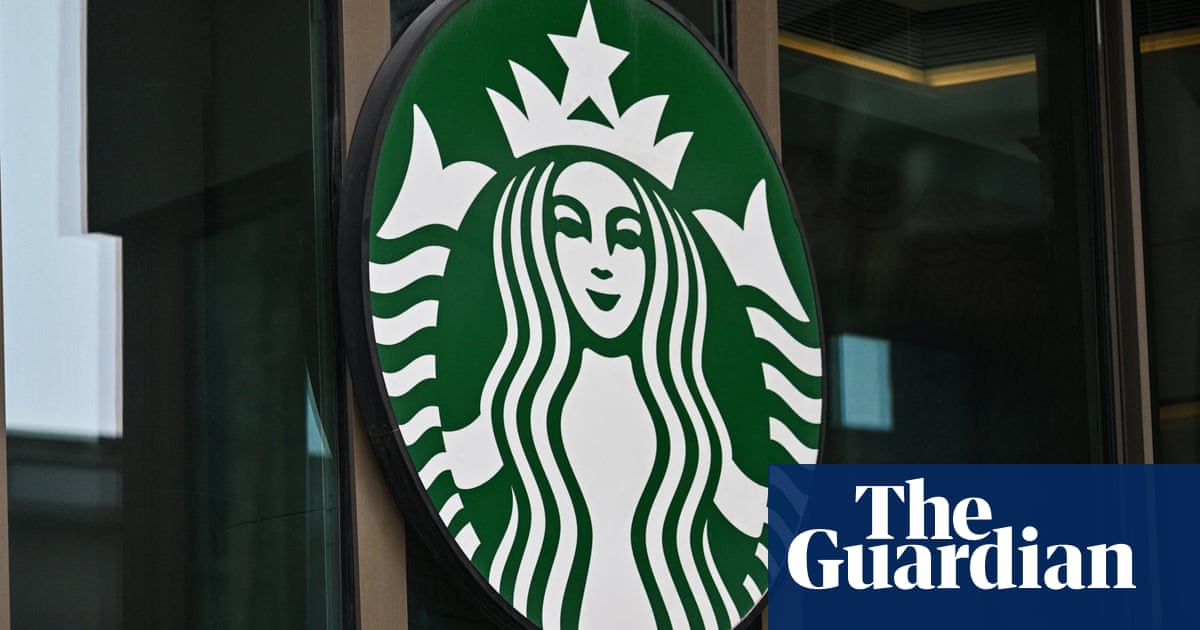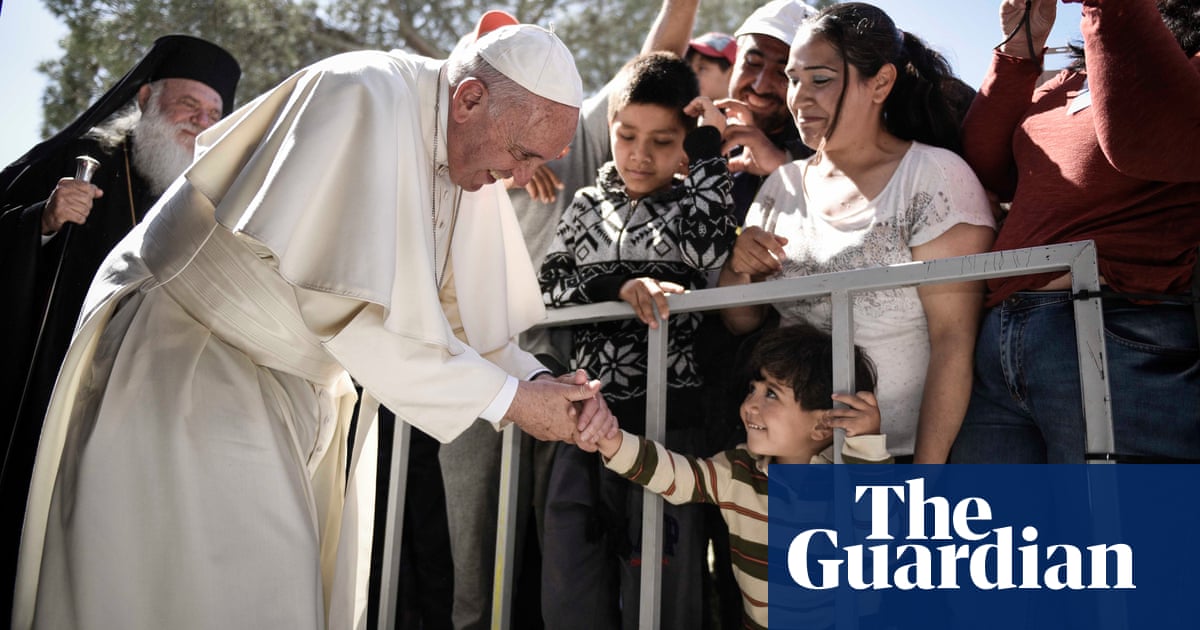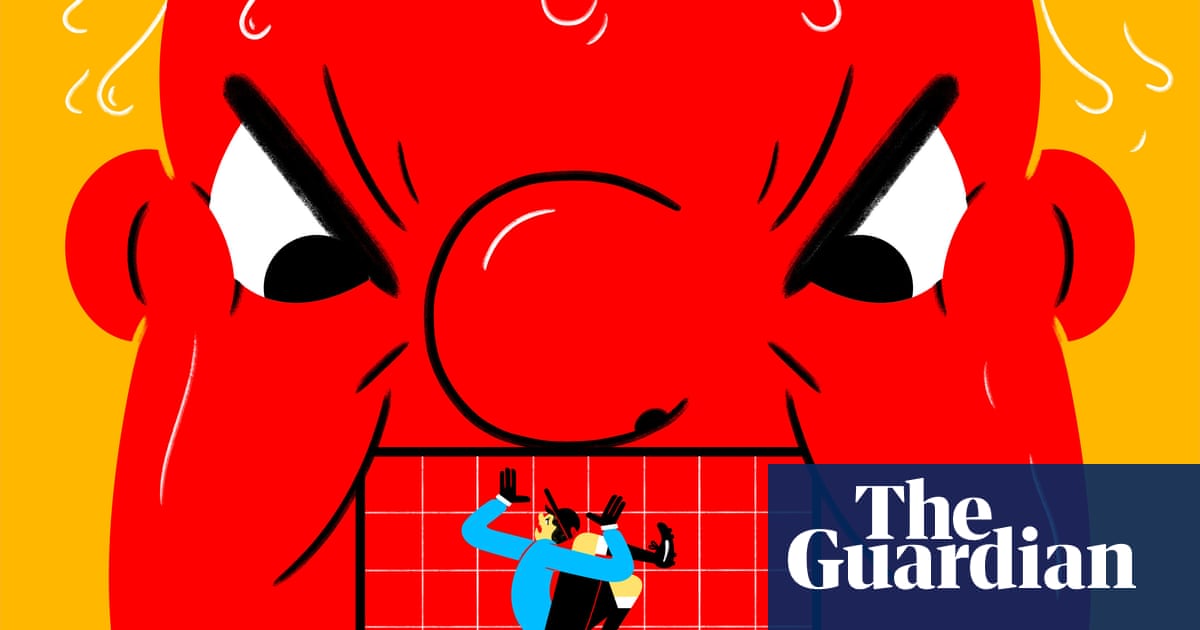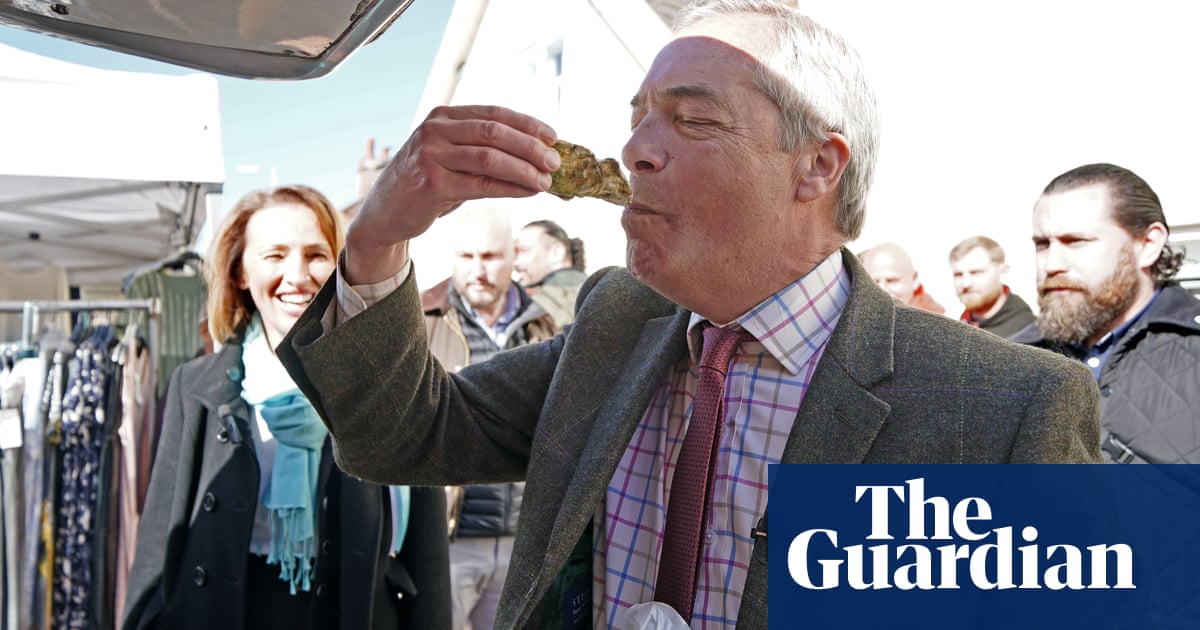It was just a few mangled sentences spoken in the darkness on an airport tarmac. But Donald Trump’s comments this week – his most significant yet regarding the UK – were enough to give heart to people in Downing Street and the Foreign Office.
“UK is out of line. But I’m sure that one, I think that one, can be worked out,” Trump said to reporters travelling with him at the Joint Base Andrews air force facility in Maryland. “Prime Minister Starmer has been very nice. We’ve had a couple of meetings, we’ve had numerous phone calls, we’re getting along very well.”
It was evidence that the government’s diplomatic lovebombing was bearing fruit. Trump had indicated the UK was not a prime target for the punishing tariffs he has vowed to inflict on trading partners around the world. Keir Starmer is anxious to maintain his rapport with the US president, and as a result his criticism of Trump’s plan to “take over” Gaza and force Palestinians into neighbouring countries has been muted.
Veterans of the Theresa May and Boris Johnson governments remember the feeling Starmer’s team is now experiencing. They have woken up to Trump’s incendiary tweets and listened to him veer wildly during phone calls with the prime minister. And while Trump in 2025 is a different proposition to Trump in 2017, they believe there are lessons that can be drawn from their experiences.
Prepare to bin your notes
Things were especially difficult for May, for a number of reasons. Trump perceived her as weak after she lost the Conservatives’ majority in the 2017 general election, and her stilted demeanour was the polar opposite of Trump’s bombastic style. A former government official recalled how May was “steamrollered” during calls with the president and struggled to get a word in edgeways. Johnson, who was generally minded to veer off the civil service script anyway, fared much better.
The lesson for Starmer, this official said, was that “the normal rules of engagement don’t apply” because the carefully prepared notes for calls and meetings with Trump are generally thrown out the window as soon as he enters the room. “The conversations with officials, the links with your ambassador, the links with Trump’s team, they don’t wield the same power that they would with other world leaders. The onus is on the prime minister to deliver on that moment and you need to have a clear, short list of asks and a very attractive offer. It is more transactional and more unpalatable, but that’s the reality of it.”
Gavin Barwell, May’s former chief of staff, agreed. “You can’t have a normal meeting with Donald Trump,” he said. “You can’t get your chief of staff to talk to his chief of staff and get a five-point agenda agreeing what it’s going to cover. He is going to talk about whatever comes to the top of his head.”
Make a show of your strength
In his most recent phone call with the US president, Starmer took the opportunity to talk up his deregulatory agenda, including his plans to stop campaigners from blocking major infrastructure projects with repeated legal challenges. Labour’s huge parliamentary majority, which enables it to push through changes such as this, has not gone unnoticed in Washington. Trump said of Starmer just before their dinner in September: “He ran a great race, he did very well, it’s very early, he’s very popular.”
Garwell said his most important piece of advice was that Trump respects strength. “He does pay attention to that stuff … He admires people that he perceives to be strong leaders. Often, slightly worryingly, that’s autocrats, but when it comes to democracies his story about himself is that he’s just won this huge victory.”
Barwell said Trump might soon look enviously to Starmer’s 162-seat majority. “We are going to see things get bumpy over the next few months because the Republicans have got very slim majorities in both Congress and the Senate.”
Good vibes won’t count for much
Those who have dealt with and studied Trump all agree on one thing: no matter how friendly you are with him, when push comes to shove he is determined to get what he wants. “He is a funny guy. Sometimes he bears big grudges and other times he lets things go,” said Leslie Vinjamuri, the director of the US and Americas programme at Chatham House.
“The recent contact seems to have been good but let’s face it, he is not going to care about any of this when he starts looking at the big issues of trade, technology, and war and peace. Whether they had a nice exchange is by the by. What does he want? How does he deliver it? He is that transactional.”
Go in with something he wants
To improve trade links and even strike some sector-specific deals, the key was to convince Trump that this would be a win for him, Barwell said. He recalled that before one meeting with Trump in New York, officials furnished May with data on UK foreign investment into the US, which happened to demonstrate that much of this money was going to battleground states.
“We were pointing to the fact that British companies were investing in the US and creating jobs. She [May] was saying we want to bring back jobs into the US, look at all the stuff we’re doing and look at what we could achieve if we could liberalise trade relations together.” This made an impression, Barwell said. “What he’s about is wanting to attach himself to good news. He then talked about some of these investments as if he had helped to secure them.”
Some of the areas that will test US-UK relations in the coming months include the future of the Chagos Islands, tech regulation, trade, and efforts towards a ceasefire in Ukraine.
“When he turns and starts looking at Europe, the pressure will be intense,” Vinjamuri said, adding that there was no clear lesson to take from countries that had become embroiled in disputes with Trump this year, such as Canada and Mexico, on whom he has vowed to impose 25% tariffs.
“Canada went hard on signalling that it was going to retaliate and he ultimately backed down. Mexico went soft and did a lot of quiet talking and had the same outcome. There’s not a clear takeaway here. A lot of what he is doing is posturing and signalling,” she said.
“Where the UK is going to struggle is when Trump starts to really push hard on what he wants a deal to look like between Russia and Ukraine. If you are going to choose your battles then that is probably the battle to choose.”

.png) 2 months ago
22
2 months ago
22













































